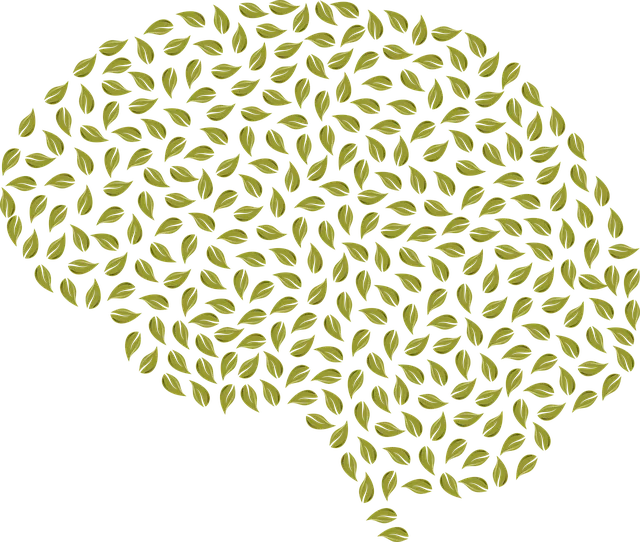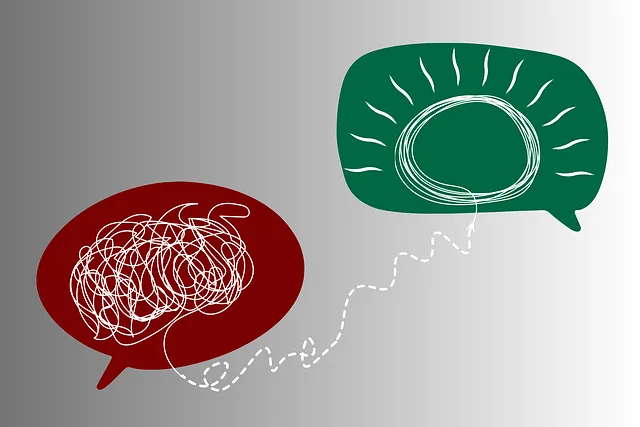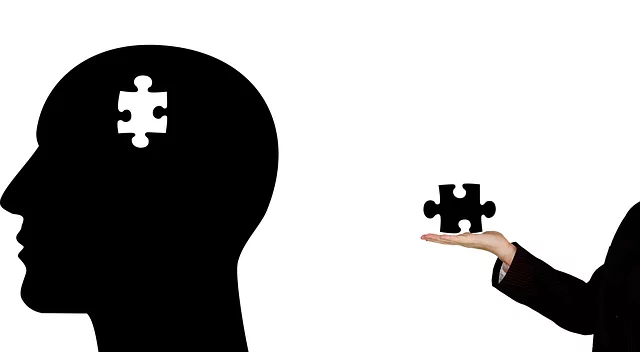The Kaiser Permanente behavioral health center in Westminster offers a holistic approach to mood regulation, combining therapeutic interventions like Cognitive Behavioral Techniques (CBT) with mindfulness practices and lifestyle modifications. CBT helps individuals identify and change negative thought patterns, while mindfulness and meditation promote present-moment awareness and stress management. The center emphasizes the importance of diet, exercise, and sleep for mood stabilization, and provides community outreach and cultural sensitivity initiatives to support diverse populations. They empower individuals to develop resilience and self-care routines to effectively manage life's challenges and improve overall quality of life.
At the Kaiser Permanente Behavioral Health Center Westminster, experts delve into the complexities of mood regulation, offering a comprehensive guide to emotional well-being. This article explores effective strategies, from cognitive behavioral techniques proven to restore emotional balance, to mindfulness practices enhancing present-moment awareness. Additionally, it highlights lifestyle modifications—diet, exercise, and sleep—as powerful tools for stabilizing moods. Discover how these integrated approaches can transform mental health at Kaiser Permanente’s leading center.
- Understanding Mood Regulation: Unraveling the Complexities at Kaiser Permanente Behavioral Health Center Westminster
- Cognitive Behavioral Techniques: A Proven Approach for Emotional Balance
- Mindfulness and Meditation: Cultivating Present-Moment Awareness
- Lifestyle Modifications: The Role of Diet, Exercise, and Sleep in Mood Stabilization
Understanding Mood Regulation: Unraveling the Complexities at Kaiser Permanente Behavioral Health Center Westminster

At Kaiser Permanente Behavioral Health Center Westminster, understanding mood regulation involves delving into the intricate web of factors influencing emotional well-being. Our experts believe that effective mood management is a holistic process, requiring a tailored approach to meet each individual’s unique needs. This approach encompasses not just therapeutic interventions but also the integration of various strategies aimed at fostering resilience and inner strength.
Through our Community Outreach Program Implementation, we actively engage with the community to promote mental health awareness. Additionally, our focus on Inner Strength Development empowers individuals to navigate life’s challenges with enhanced coping mechanisms. Furthermore, emphasizing Self-Care Routine Development for Better Mental Health is central to our mission. By teaching practical self-care techniques, we enable our clients to achieve a balanced and stable emotional state, ultimately improving their overall quality of life.
Cognitive Behavioral Techniques: A Proven Approach for Emotional Balance

Cognitive Behavioral Techniques (CBT) have emerged as a powerful and proven approach to achieving emotional balance. Offered by Kaiser Permanente behavioral health center Westminster, CBT focuses on identifying and changing negative thought patterns that can lead to distressing emotions. By understanding how thoughts, feelings, and behaviors interact, individuals learn to challenge and reframe distorted thinking, leading to improved mood regulation.
This evidence-based method is particularly effective for managing conditions like depression. It empowers people to take an active role in their emotional healing processes, fostering a sense of control and resilience. Moreover, CBT is valuable for risk management planning among mental health professionals, enabling them to equip clients with practical tools to navigate and mitigate emotional challenges, ultimately enhancing overall well-being.
Mindfulness and Meditation: Cultivating Present-Moment Awareness

At the Kaiser Permanente behavioral health center Westminster, experts emphasize the power of mindfulness and meditation as fundamental mood regulation strategies. These practices cultivate present-moment awareness, enabling individuals to observe their thoughts and emotions without judgment. By focusing on the here and now, individuals can learn to detach from negative thought patterns and reduce reactions driven by stress or anxiety.
Mindfulness and meditation are based on the Mind Over Matter principles, fostering positive thinking and inner strength development. Regular practice has been shown to decrease symptoms of depression and anxiety while increasing overall well-being. Incorporating these techniques into daily routines can provide individuals with a sense of calm and clarity, helping them navigate life’s challenges more effectively.
Lifestyle Modifications: The Role of Diet, Exercise, and Sleep in Mood Stabilization

At the Kaiser Permanente behavioral health center Westminster, experts emphasize that lifestyle modifications play a pivotal role in mood stabilization. Diet, exercise, and sleep are integral components that can significantly impact an individual’s mental well-being. A balanced diet, rich in nutrients, supports brain health by providing essential vitamins and minerals that influence neurotransmitter production. Regular physical activity not only boosts energy levels but also releases endorphins, known for their mood-elevating effects. Adequate sleep is crucial for emotional regulation as it allows the brain to process and consolidate emotions effectively.
Integrating these lifestyle practices into daily routines can be a powerful tool in managing moods. The Community Outreach Program Implementation at Kaiser Permanente promotes accessibility to resources that encourage healthy habits, while Cultural Sensitivity in Mental Healthcare Practice ensures tailored support for diverse populations. Moreover, Self-Care Practices are encouraged as proactive measures to maintain emotional balance and prevent mood disorders from escalating.
In conclusion, mood regulation is a multifaceted process that can be effectively managed through various strategies. As discussed at the Kaiser Permanente Behavioral Health Center Westminster, understanding the complexities of emotional balance is key. Cognitive behavioral techniques offer a proven approach to navigate and manage moods, while mindfulness practices cultivate present-moment awareness. Additionally, lifestyle modifications such as diet, exercise, and sleep play a pivotal role in stabilizing moods. By integrating these strategies into daily life, individuals can gain greater control over their emotional well-being, ultimately enhancing their overall quality of life.






